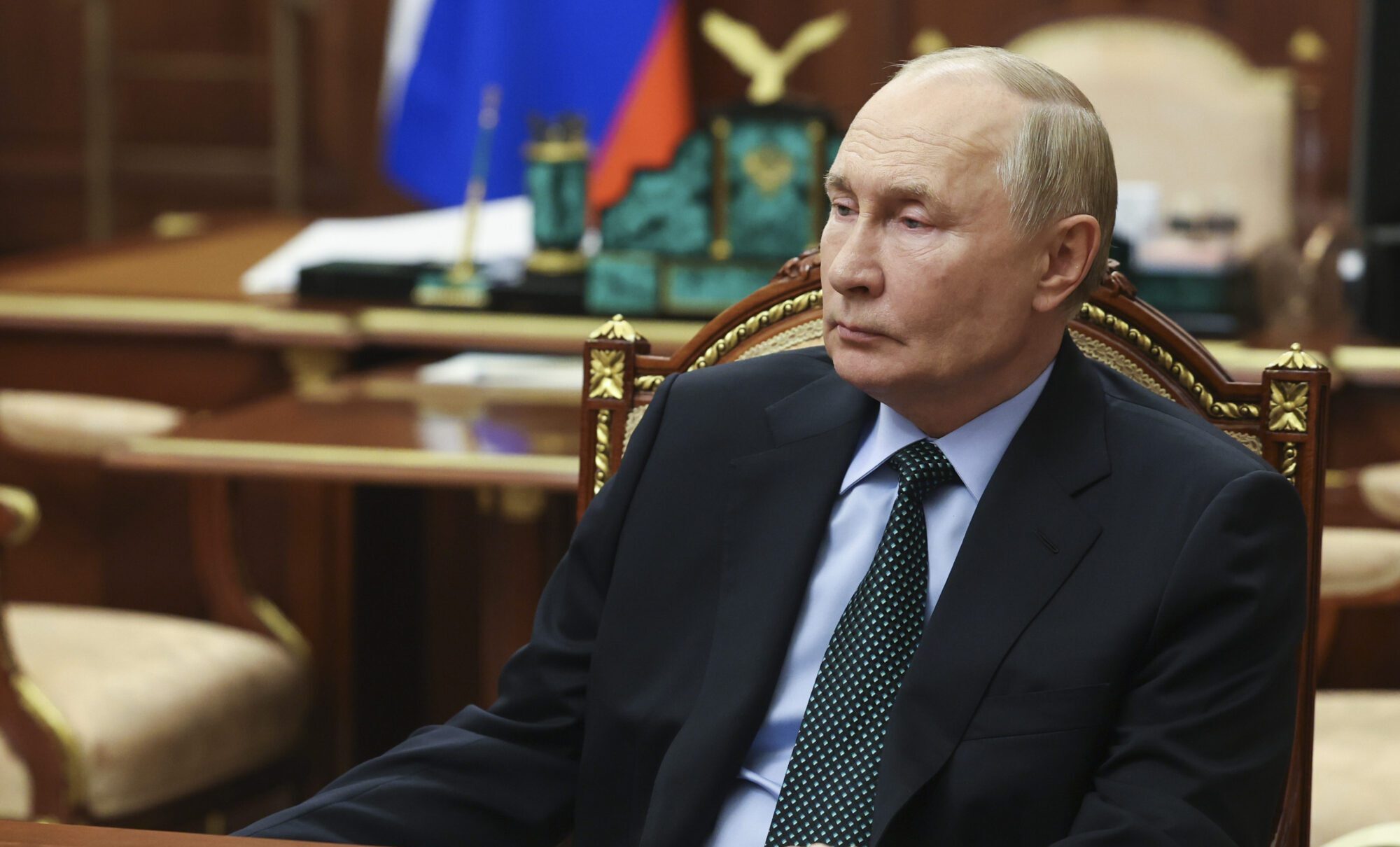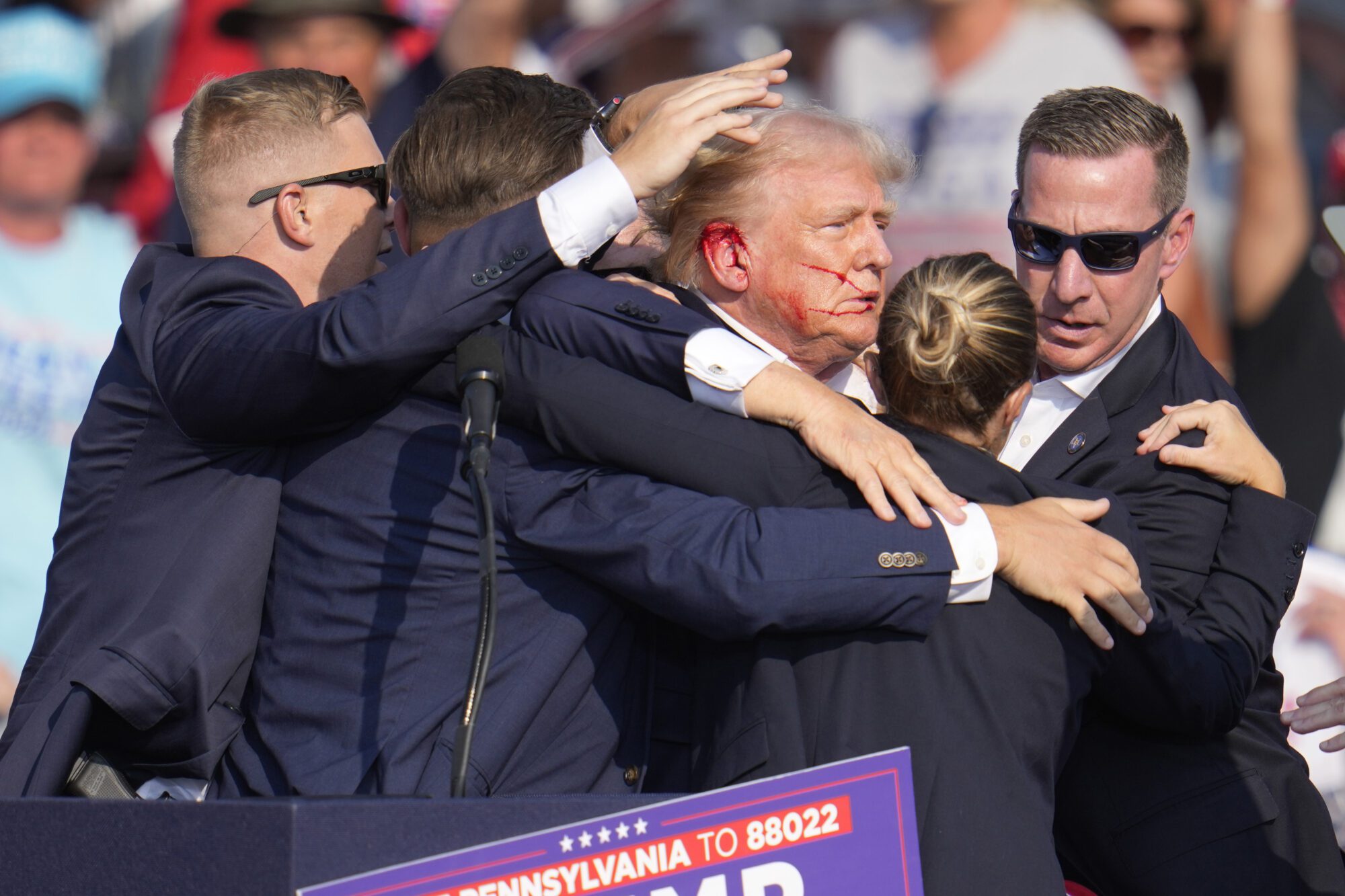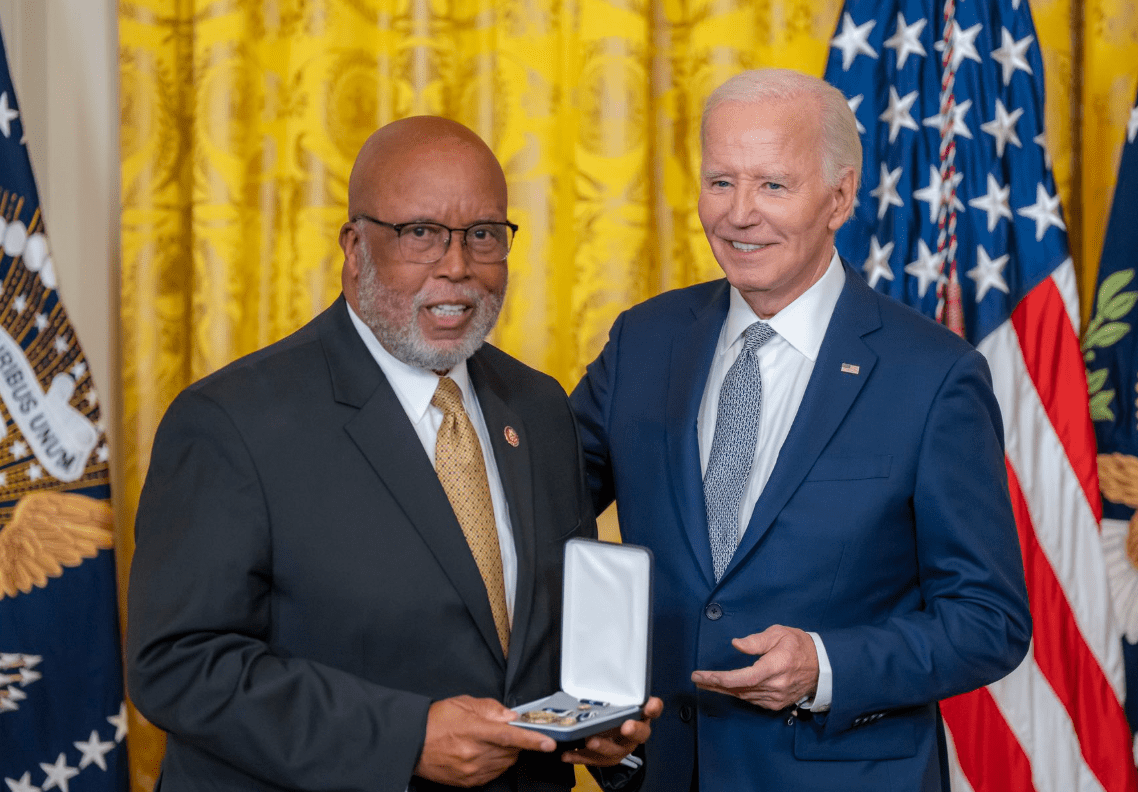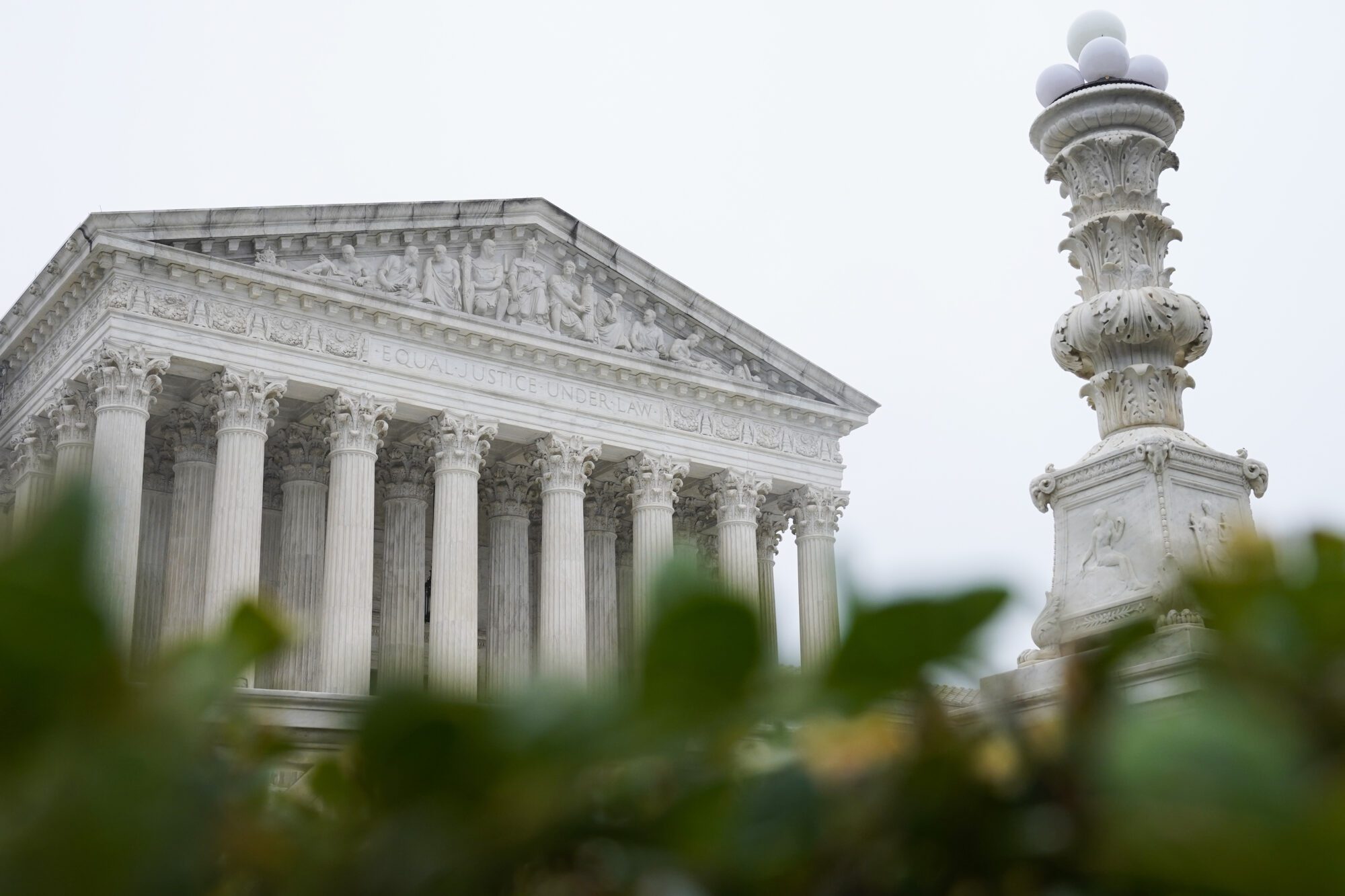The news of the New Orleans Saints’ punishment for their bounty program targeting opposing players swept across the region Wednesday, drawing the attention of every news outlet, sports enthusiast, and armchair quarterback. While such bounty programs aren’t acceptable and harm the integrity of the game, they are certainly nothing new in sports, especially the rough and tumble ones like professional football.
Bounty programs also exist in politics, whether we call it that or not.
Candidates, PACs, and political parties are often rewarded for sniping across the aisle as they seek to take down their opposition by any means necessary, often with little care and concern for the truth or the person.
Politics can be a vicious game, an all out contact sport. There’s an old adage that says there are only two things you can do in politics: help your friends and hurt your enemies. Unfortunately, many view political affairs this way out of want for money, power, and acclaim.
Some pry into personal lives seeking to dig up dirt, slinging mud instead of focusing on policy differences. Others have mastered the art of spin, turning anything their opponent says against them no matter the appropriate context.
And while negativity in debating public policy is often chided and many in the public will say they despise attack ads, time and time again they are proven to be effective.
Those who excel at such political bounty hunting are rewarded handsomely, whether in the form of campaign donations or proximity to power.
These political bounties seek to capitalize on our desire for the perfect candidate – the right physique, good hair, a loving family by their side, the firm handshake, strong morals/principles yet willing to listen to everyone, all without fault or blemish. We are chasing an imaginary candidate, an illusion.
There is no perfect candidate; everyone has a past and everyone has scars that when scrutinized under the microscope of political bounty hunters can be portrayed as not so picturesque whether real or fabricated. All fall short of the mark.
Balancing a candidate’s life in light of his message, record and affiliations may well be the best avenue for vetting. You can tell a lot about a man by his associations, personally and politically. Who one chooses to align themselves with speaks volumes; that’s why party matters, particularly in the South.
I’m all for pointing out one’s voting record and personal/political affiliations; it isn’t necessarily negative if it is indeed the truth. Weighing one’s policy positions against their associations is valid and necessary. But there is a line between questioning a candidate/office holder’s policies and demeaning their lives. Sniping across the aisle in a manner that tears down families, hurts children, and wrecks marriages is simply not acceptable and should not be glorified and welcomed by the public.
Yet, people crave good gossip, an escape, a means to shift attention from their own problems on to someone else, especially when it deals with those in positions of power, making the practice of political bounty hunting all the more accepted. Rumors and innuendos spread like wildfire before the facts are established, with little to no thought of the impact on the persons being scrutinized.
As has often been said, facts are stubborn things. I still believe politics to be a noble calling, one that is a must for our republic to continue to exist and thrive. But sticking to the facts and focusing on policy differences must define our debates, not seeking to damn our opposition’s character or ruin their personal lives. Mississippi and America need more men and women to step into the ring of politics, to strive to make a difference for future generations; political bounty hunting only serves to discourage present persons of conviction from entering the fray. We should be cultivating political discourse, not suppressing it.
Political civility doesn’t mean never telling the truth and pointing out ideological deviations; it means remembering that people matter, even those with which we disagree. It is easy for us to fall into such actions, especially those of us who are passionate and actively engaged in the fight, but we must seek to rise above our weakness and frame the debate in a manner that is both ideologically sound and centered in principled governance.
If the NFL can crack down on bounty programs, surely so can We the People in our political system.







